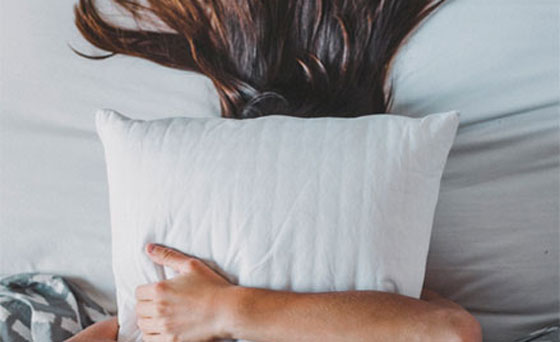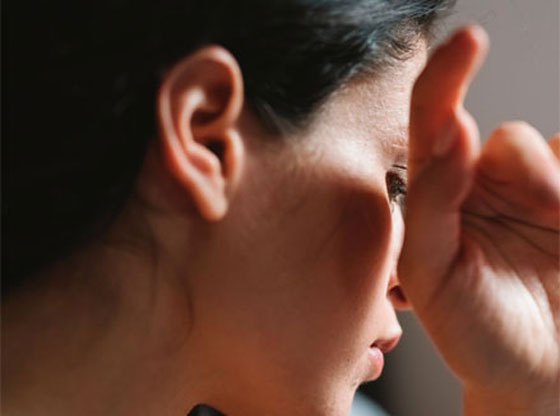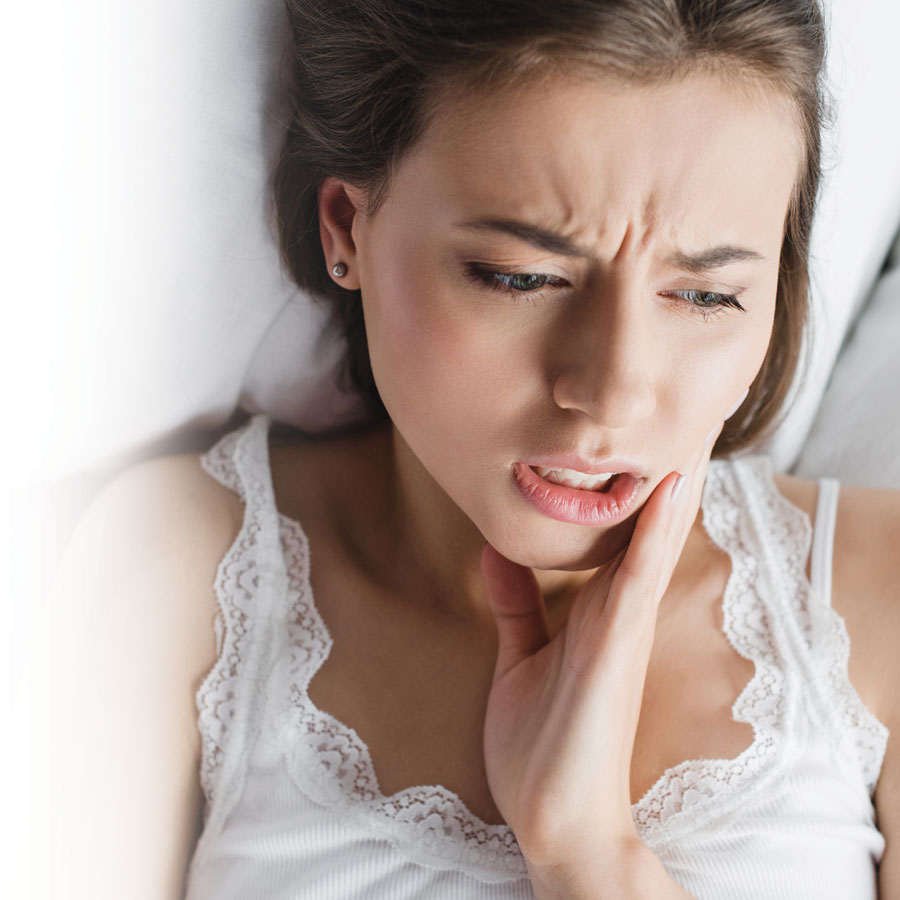What is Bruxism?
Bruxism is a functional disorder that causes teeth grinding or jaw clenching. It is an involuntary reflex that occurs outside of chewing or swallowing, when the teeth naturally touch. Although bruxism can occur during the day, it mostly happens during sleep. Teeth grinding can be silent or accompanied by noises.
Sleep bruxism is different from that observed during wakefulness, which is characterized by involuntary clenching of the teeth in response to certain stimuli without grinding. The latter form is more associated with a tic or a bad habit. Bruxism can occur in the absence of any known medical condition. However, it may be secondary to an oral or medical problem, or to the use of certain medications or drugs.
It is estimated that roughly 20% of children, 8% of adults and 3% of seniors grind there teeth each week. The problem is often detected by a sleep partner, who hears the grinding noises during the night.



